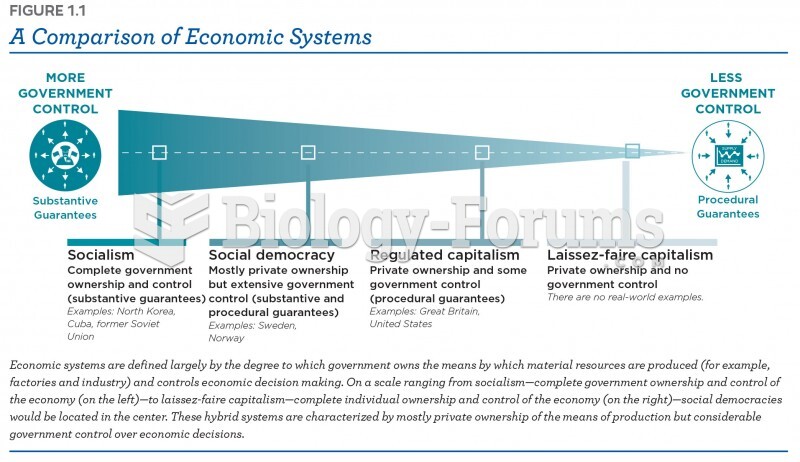Answer to Question 1
Customer relationship management systems are an important Internet marketing technology. They serve as repositories for customer information that records all of the contacts a customer has with a firm including its website. CRM systems can generate a profile of each customer that is available to everyone in the firm who requests the data and they contain analytical software that will make this data valuable to the firm.
In the past, firms generally did not maintain a single storehouse of customer information, and any customer data was organized along product lines with each product line maintaining a separate customer list. CRMs are part of the evolution towards customer-centric and segmented market-based businesses, and away from this product-based model.
CRMs use database technology with capabilities for assessing the needs of individual customers and differentiating products to meet those needs. The customer profiles generated by a CRM can include a map of the customer's relationship with the firm, the products he or she has bought and the frequency of purchases, the demographic and psychographic profile for each customer, profitability measures, a complete contact history, and marketing and sales information containing marketing campaigns that the customer received and the customer's responses to them.
With these profiles, CRMs can be used to sell additional products and services, develop new products, increase product utilization, reduce marketing costs, identify and retain profitable customers, optimize service delivery costs, retain high lifetime value customers, enable personal communications, improve customer loyalty, and increase product profitability.
Answer to Question 2
The Internet has had four broad impacts on marketing. First, the Internet as a communications medium has broadened the scope of marketing. Marketing messages can now easily reach a greater number of people. Second, the Internet has increased the richness of marketing communications by combining text, video, and audio content into rich messages. Some even think that the Web is a richer medium than television or video because of the complexity of messages and the huge amount of, and wide ranging, content that is available. Third, the Internet has greatly expanded the information intensity of the marketplace by providing marketers with fine-grained, detailed, real-time information about consumers as they transact in the marketplace. Fourth, the always-on, always-attached, environment created by mobile devices results in consumers being much more available to receive marketing messages. One result is an extraordinary expansion in marketing opportunities for firms.







